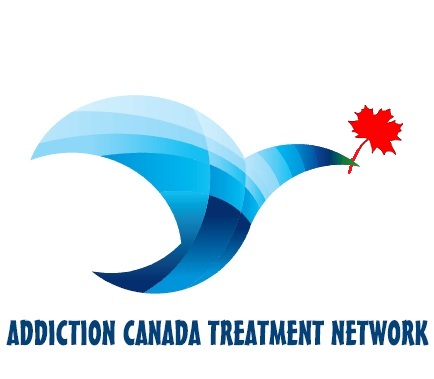


 No one is immune to opioid dependence. It affects men and women of all ages, races, ethnic groups, and educational levels. Addiction Canada Treatment Network explains the addiction cycle and opioids and how there is relief and recovery at their centers.
No one is immune to opioid dependence. It affects men and women of all ages, races, ethnic groups, and educational levels. Addiction Canada Treatment Network explains the addiction cycle and opioids and how there is relief and recovery at their centers. 
